The General Assembly of the United Nations is in the process to adopt a Declaration on the Right to Peace In light of resolution 32/28, the Human Rights Council adopted on 1 July 2016 the Declaration on the Right to Peace by a majority of its Member States and recommended its adoption by the General Assembly, as contained in the annex to this resolution. Following this recommendation, in the next days the Third Committee of the General Assembly of the United Nations will adopt the Declaration on the Right to Peace under item 68 on “Human rights questions, including alternative approaches for improving the effective enjoyment of human rights and fundamental freedoms”. This Declaration is the result of three years of work (2013-2015) with all stakeholders led by Ambassador Christian Guillermet-Fernández of Costa Rica. The resolution 32/28 was presented by the delegation of Cuba with the co-sponsorship, among others, of the Group of Arab States. In its presentation, Cuba emphasized that the adoption of this Declaration is framed in the context of the bilateral ceasefire and cessation of hostilities signed in Havana, between the Government of Colombia and the Revolutionary Armed forces of Colombia-People’s Army (FARC-EP) on 23 June 2016. Along all these years, the HRC’s work was aided by the invaluable mobilization and leadership shown by public figures from the world of art, culture and sport, gathered around Peace Without Borders founded by Miguel Bose and Juanes. Furthermore, the wide-ranging civic engagement is reflected in the wording contained in the first article, which states that “everyone has the right to enjoy peace”. In light of this Declaration, the main elements of the right to peace agreed among the various international actors, including most of the civil society organizations which actively participated in the intergovernmental process, are the following: the principles contained in the Charter of the United Nations; the absolute obligation to respect human rights in combating terrorism; the realization of the right of all peoples, including those living under colonial or other forms of alien domination or foreign occupation; the recognition that development, peace, and security and human rights are interlinked and mutually reinforcing; the peaceful settlement and prevention of conflicts; the positive role of women; the eradication of poverty and sustainable development; the importance of moderation, dialogue, cooperation, education, tolerance and cultural diversity; the protection of minorities and the fight against racism, racial discrimination, xenophobia and related intolerance. In promoting the right to peace, it is imperative that we implement the Declaration and Programme of Action on a Culture of Peace, which focuses its attention on human security and the eradication of poverty, disarmament, education, development, environment and protection of vulnerable groups, refugees, and migrants. The Declaration invites all stakeholders to guide themselves in their activities by recognizing the great importance of practicing tolerance, dialogue, cooperation and solidarity among all peoples and nations of the world as a means to promote peace. To reach this end, the Declaration states that present generations should ensure that both they and future generations learn to live together in peace with the highest aspiration of sparing future generations the scourge of war. At the level of implementation, the Declaration recognizes the crucial role of UNESCO, which together with the international and national institutions of education for peace, shall globally promote the spirit of tolerance, dialogue, cooperation, and solidarity. To this end, the Declaration recognises in its operative section that “University for Peace should contribute to the great universal task of educating for peace by engaging in teaching, research, post-graduate training and dissemination of knowledge”. The adoption of the Declaration on the Right to Peace by the General Assembly should be understood in the context of the initiative carried out by UNESCO in 1997, in which Member States were invited to discuss a draft Declaration on the Human Right to Peace in Paris. Despite enormous efforts displayed in that time, Member States never reached an agreement on this topic. However, this UNESCO aspiration will be soon realized within the framework of the General Assembly. It means that after almost twenty years this matter comes again back to its starting-point, in where the original idea was born. Thanks to research, the academic contribution and the trust of many people, governments and institutions, this joint adventure will soon end in New York. The Declaration will pass to the UN history for being the first peace Declaration adopted by the General Assembly in this new Millennium. The last instrument on peace adopted by the General Assembly was the Declaration and Programme of Action on Culture of Peace in 1999. This reference of universal literature is often used to imply that the names of things do not affect what they really are. In the case of the Declaration on the Right to Peace, the name of this Declaration should not impede its adoption by broad agreements, taking into account that the full text was properly negotiated during three years and could obtain the support from all delegations. Therefore, in reference again to Romeo's house, Juliet said that the name of Montague means nothing and they should be together. In the pursuit of a broad agreement on the Declaration on the Right to Peace within the General Assembly, we should recall that for this endeavor there is another personage in international literature, Moliere’s bourgeois gentilhomme, who discovered too late that he was speaking prose without knowing. Let no one discover too late that we are making history without knowing it. Finally, this Declaration is the clear result of the important role played by some sectors of civil society for years, which have shown that genuine dialogue among all stakeholders and regional groups are the foundation of peace and understanding in the world. David Fernandez Puyana, PhD, LLM and MA |


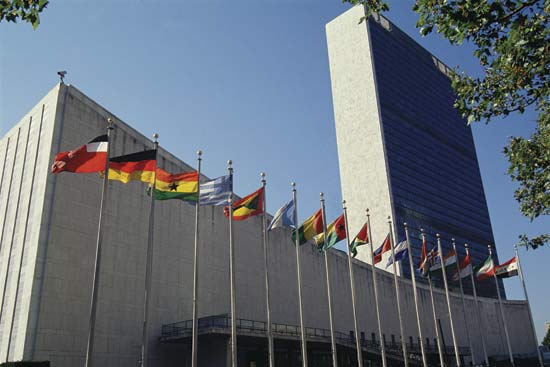





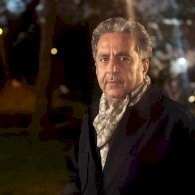
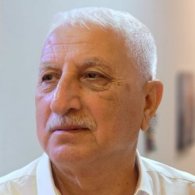



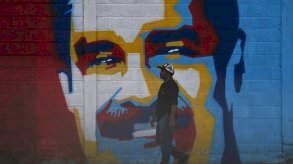

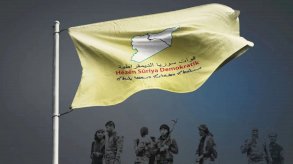
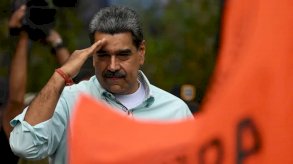
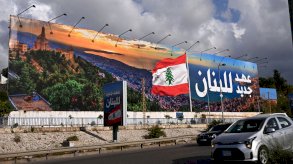
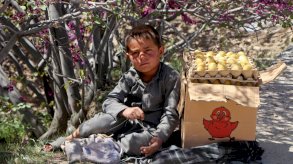
التعليقات